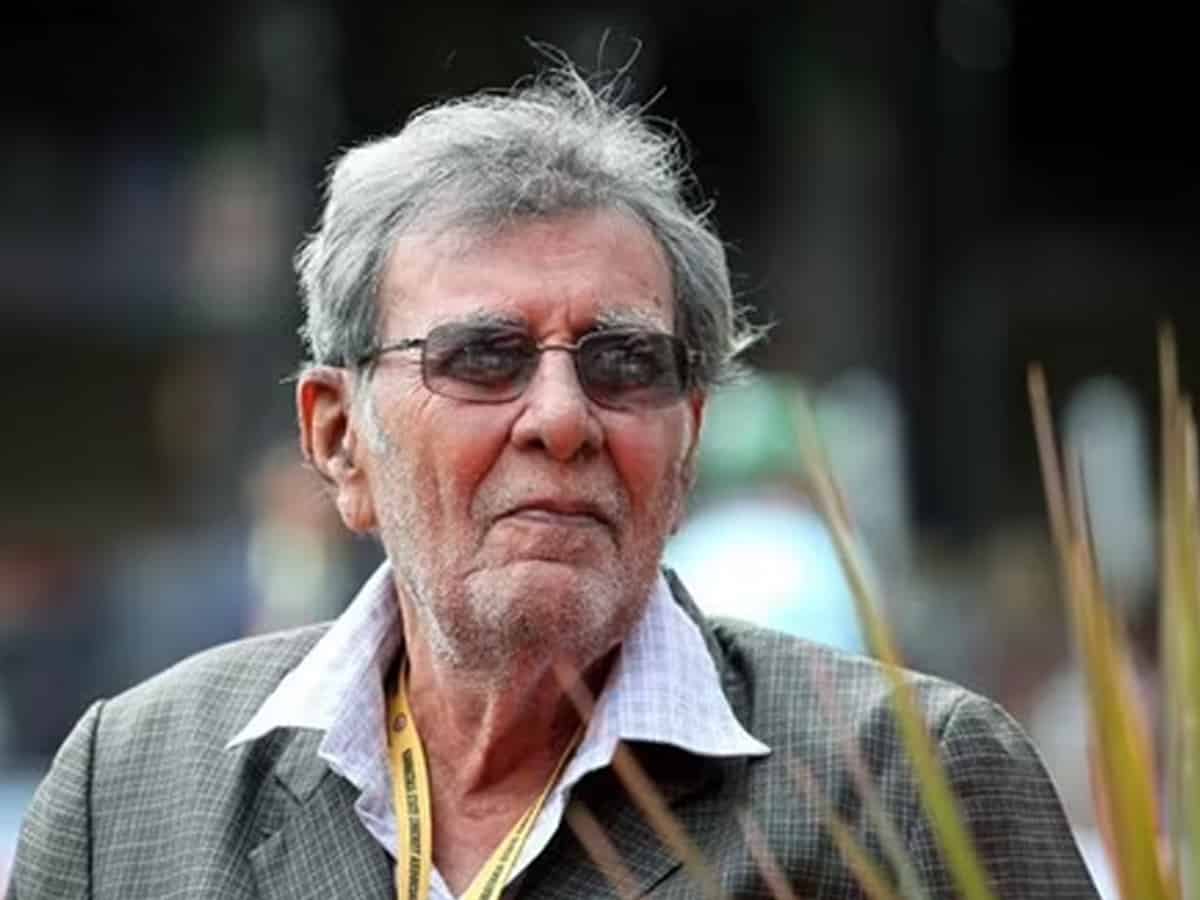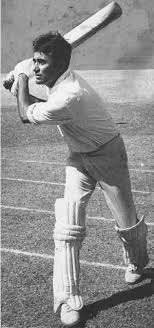
Salim Durani’s exploits on the cricket field are well known. His ability to hit sixes and his penchant for taking crucial wickets, have been extensively reported. But what was the man like off the field? What made him so charismatic?
More than six feet in height, his appearance was striking. He was like a Pathan warrior who wielded a bat like a sword and cut down rival bowlers mercilessly. But merely good looks and skill do not attract the kind of devoted fan following that he had in his heydays. He was also a very generous and warm-hearted human being. His inner beauty was as evident as his exterior good looks. He had qualities that endeared him to millions of cricket fans throughout India.
Sunil Gavaskar in his book Sunny Days has narrated an incident which illustrates the humble and benevolent nature of Salim Durani. The ace batter from Mumbai had so much respect for Durani that he used to call him Uncle Salim. Gavaskar writes that Durani was a unique character. He was quiet and calm but this was sometimes misunderstood by others. They were quick to say that Durani was a moody person.
Gavaskar further writes that money was a commodity that Salim uncle could never retain with himself. He was not money minded person and was always willing to help everyone in cash or kind. Before the Indian team went for the West Indies tour of 1971, the players were invited to play a match against Sri Lanka in a small town within India. They had to travel by train and the cold wintry night made sleeping a problem. Gavaskar had nothing to keep himself warm. But on the other hand, Durani had brought a blanket. With his customary magnanimity he handed his blanket to Gavaskar and assured the youngster that he would make alternative arrangements for himself.

The next morning, after waking up, Gavaskar could not find Durani in his own compartment. After walking about, he finally discovered Durani sleeping in another compartment. He had no blanket and was sleeping curled up tightly obviously because he was feeling cold. Gavaskar was astounded. Here was a star Test cricketer of international fame who had chosen to sleep in discomfort so that the junior-most member of the team could sleep soundly. At the time Gavaskar had not played even a single Test match for India.
It was from that day that Gavaskar began to call him Uncle Salim. He was protective and helpful just like an uncle would be to any family youngster. His attitude to newcomers was so helpful that they would forget their nervousness and talk freely with him and seek his advice. They knew instinctively that he would be a friend, mentor and guide to them.
Durani also had a great sense of humour. He never allowed disappointments to make him dejected. When he was not selected for a tour of England, a journalist asked him: “Can you tell us why the selectors did not pick you in the side?” Durani replied with a wry smile: “Maybe they thought England would be too cold for me.” But hoping to provoke an angry response, the journalist persisted: “You were also not selected for a tour of Australia even though your game was perfect. What can be the reason?” Again Durani refused to be provoked. “Maybe they thought Australia would be too hot for me. They did not want me to be uncomfortable,” he replied again with a smile.
Salim Durani belonged to a different period and had a different attitude towards cricket and life. Had he been born in modern times, he would have been in the top drawer of IPL recruits. The present IPL season is now in progress and we see many players with less than half of Durani’s ability earning money in crores. Durani earned very little and was sometimes in financial difficulty. In those days players were paid less than two hundred rupees per match. But money was never a major consideration for Durani. For him it was something that came and went.
Former cricketer Raju Mukherjee has described Durani as a man who was a free soul without a care for the morrow. He had no inhibition and no ego. He would sometimes borrow money and then with that money, buy a drink for the man who gave him the money. Mukherjee has written in a blog that this is what happened to himself when he was playing with Durani in the Moin-ud-Dowla trophy tournament in Hyderabad in 1976.
Greed for money, fame and success were not a part of Durani’s mental makeup. He was a gentleman at heart and managed with whatever life gave him. It was these qualities–generosity, selflessness and independent nature–that made him a folk hero among cricketers. It is unlikely that any of the modern day players will be able to fill the void that Durani left in Indian cricket.

